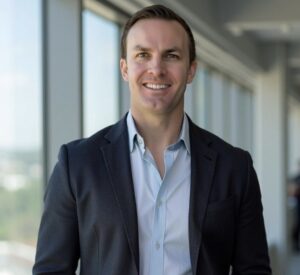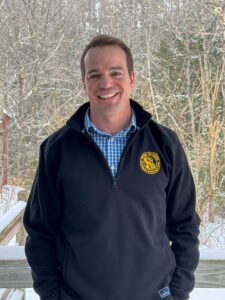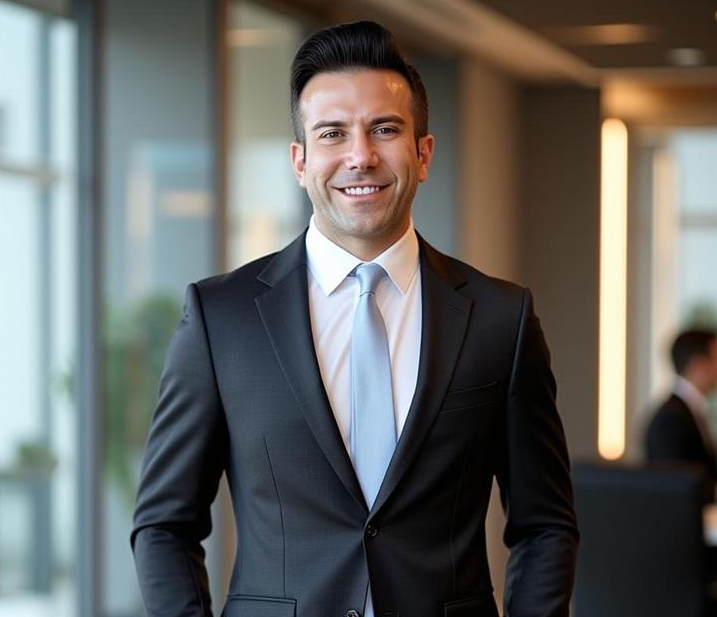
Everyone reading this article is self-deceived, and so am I. We all believe things to be true that are not. We are all severely limited by our own experiences. And we are all especially bad at evaluating our own performance.
Fortunately, there are things we can do to expand our thinking and dramatically improve our results, our impact and our world.
The depth of our self-deception is perfectly described in the book Flatland, which Edwin A. Abbott wrote during the Victorian period in England. In the book, Abbott shares the story of a society, appropriately called Flatland, that lives on a two-dimensional plane. We learn about Flatland from Square, who is sharing his story from prison. Square is jailed for revealing what he learned about a third dimension, information that conflicts with the two-dimensional world the leaders of Flatland believe to be true.
The book also describes Square seeing Pointland, a universe occupied by its monarch, Point, who believes he is the entire world. There is Lineland, a society that lives on a one-dimensional line and whose Monarch wanted to kill Square after Square told him about the two-dimensional land. And, finally, we learn about Spaceland, a three-dimensional world where Square learns that a third dimension exists.
Despite its grounding in Victorian views of classes and gender roles that are much different from today’s beliefs, the book is incredibly thought-provoking. It demonstrates in a clear way how unusual it is for people to seek truth.
We rarely seek truth. We seek validation.

I’ve been down this road enough times to know that most people agree with that idea, but don’t see how it applies to them. That type of thinking is self-deception at its finest.
The reality is that most people are not learners; they are knowers. They would rather feel good about being right than seek truth. They don’t want to consider any new information that might indicate they are seeing something incorrectly. They would rather ignore information that contradicts them so they can feel 100 percent right, even though there is a chance they are actually 100 percent wrong.
In her great book Being Wrong, Kathryn Schulz tackles this issue head-on. She uses studies and anecdotes to explain why it is so typical and easy to feel validated by one’s own distorted facts. It is a huge challenge to resist being a knower. As much as I understand this idea, and as many times as I have taught these concepts, I still struggle with it.
Nobel Prize winner Daniel Kahneman explains this struggle in his book Thinking, Fast and Slow. Kahneman explains that 90 percent or more of our thinking is fast thinking, where we draw quick conclusions based on our existing perspective. We use heuristics, or mental shortcuts, based on our worldview or other biases we have picked up during our lifetime. Those heuristics and biases are notoriously wrong, even when they feel 100 percent right.
In slow thinking, Kahneman writes, we slow down enough to consider what we are trying to decide. But even then, our biases can severely affect us. Like the people of Pointland, Lineland and Flatland, we find it impossible to believe that the world could be different from the way we see it.
Remember the people of Spaceland, who live in the three-dimensional world like we do? Once our friend Square became a learner, he asked the people of Spaceland about a fourth dimension. They replied incredulously, just as Pointland and Lineland did when confronted with the thought of a new dimension. I am clearly not a physicist, but that is something to think about, huh?
We can either become a learner — with a growth mindset — or suffer the consequences of being a knower. Those consequences are severe. Knowers stay trapped in their own thinking, which makes them feel good but results in living a lie. Knowers not only fail to reach their potential, but they also go through life deceived.
So, what can we do to avoid living with those consequences?
The first step to changing your thinking is to acknowledge the problem of self-deception. This is really tough for most people because they feel so right; for those who want to improve in this area, the books I mention above will help.
Next, decide that you would rather seek truth than feel good. This, too, is hard because most people believe what they already think is truth. Their perceived knowledge makes them feel good. To seek truth, surround yourself with people who will disagree with you. Make sure your team members know that you want their opinions, and never criticize or get emotional with someone who shares his perspective in good faith.
Also, read items that broaden your perspective. I am a voracious reader and enjoy books that have a different perspective than mine. People will sometimes hear me share thoughts about a book I am reading and wonder why I would read something so different from my normal perspective. I am not afraid to seek truth, and that attitude has materially helped me over the years.
Another helpful idea is to travel to different places. I have had the opportunity to travel to about 120 countries, and every visit to a different place expands my paradigms. You don’t need to visit 120 countries to have a similar enlightenment, but try to visit someplace different. You will be surprised how your view expands.
The same goes for watching a news channel other than your usual favorite. During the past few months, I have tried to watch different news programs, especially after a big event. The days of news programs actually sharing news are long over. Each channel has become a big echo chamber, and people watch news channels that make them feel good about their views. Mix it up by watching something different.
Being a learner creates a tremendous opportunity to improve yourself and your organization. Being a learner is hard, but once you start down the path of doing it, the experience is also exhilarating. The number one thing that holds most people back in life is themselves and, more specifically, their thinking. Being a learner will go a long way toward helping you break free from self-deception. Then, you and your organization have the chance to reach full potential.











